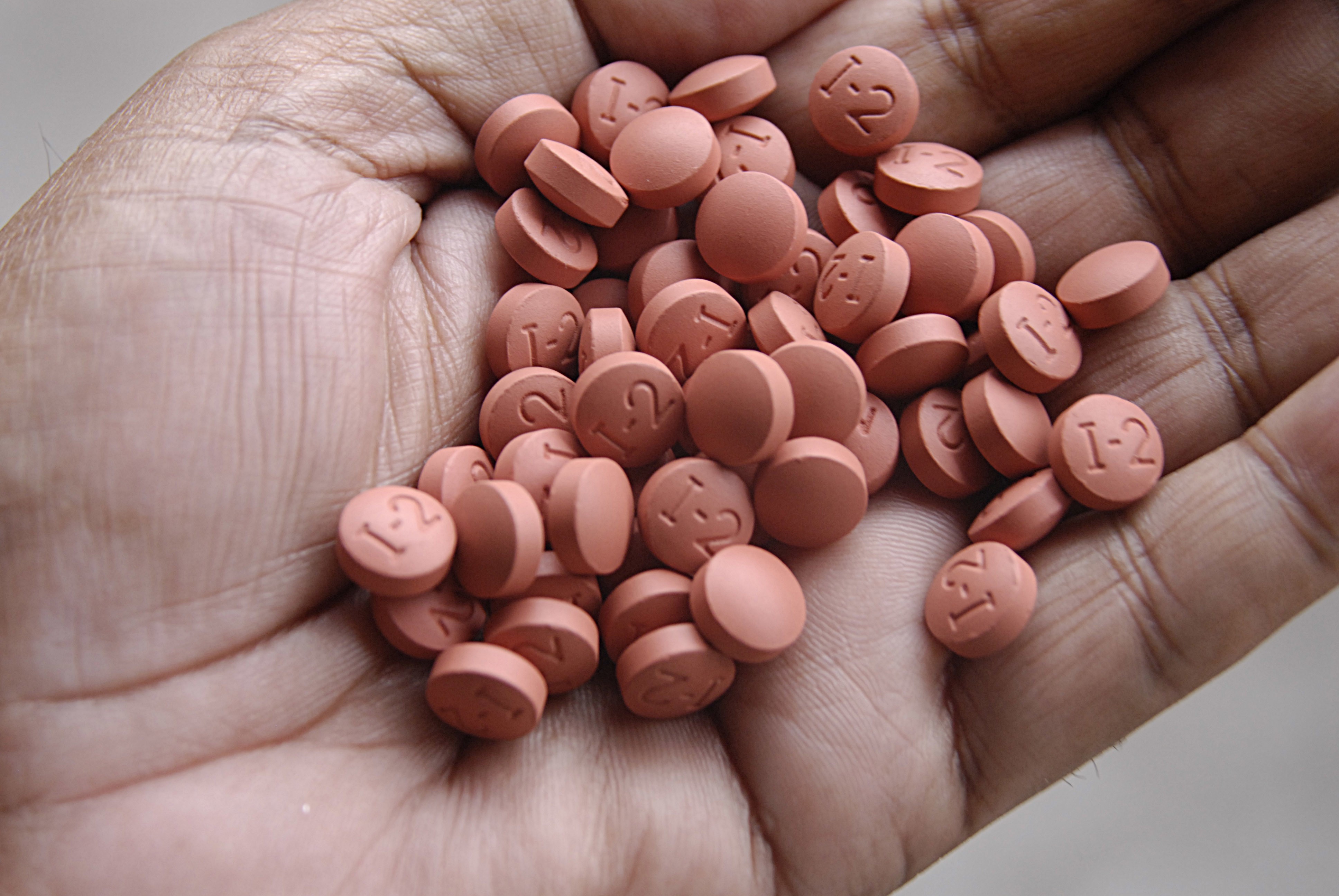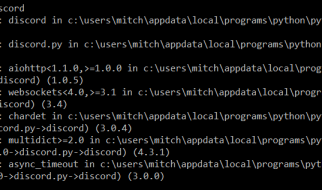For more information on the novel coronavirus and Covid-19, visit cdc.gov.
What happens inside your body after you pop an Advil
 Photo: Francis Dean/Getty Images
Photo: Francis Dean/Getty Images
 Hangovers, pulled muscles, menstrual cramps, the flu: Ibuprofen is the first line of defense for all sorts of things. You know the drug is working because it dulls the pain or takes the edge off a fever, but what, exactly, is making this happen?
Hangovers, pulled muscles, menstrual cramps, the flu: Ibuprofen is the first line of defense for all sorts of things. You know the drug is working because it dulls the pain or takes the edge off a fever, but what, exactly, is making this happen?
Ibuprofen ? brand name Advil, Motrin, and more ? belongs to a class of drugs that physicians call nonsteroidal anti-inflammatory drugs, or NSAIDs. In practice, this means that ibuprofen relieves pain by blocking cells? production of prostaglandins, one of several compounds responsible for inflammation ? which is the body?s response to injury.
After an injury, the immune system rallies to prevent infection. As part of the body?s inflammatory response, damaged cells begin releasing arachidonic acid, a natural chemical that latches onto cyclooxygenase, an enzyme that helps create compounds necessary for blood flow. Together, they produce what?s called prostaglandin H2 ? ibuprofen?s primary target.
Prostaglandins do helpful things, such as forming or removing blood clots, but they also cause pain in the process. ?When you have something like a bruise or a headache or a cut, prostaglandins are created in those areas and basically cause that throbbing feeling and sometimes warmth around the area,? says anesthesiologist Viet Cai, a Harvard Medical faculty physician at Beth Israel Deaconess Medical Center in Boston.
Ibuprofen?s role is to halt the production of prostaglandins before it ever begins. The drug enters the bloodstream, circulates through the body, and blocks cyclooxygenase. With the enzyme out of commission, there are fewer prostaglandins available to cause pain. ?That?s why people end up having less pain and less inflammation,? Cai says.
Generally, the body doesn?t miss those extra prostaglandins. However, their absence can cause side effects. Ibuprofen isn?t selective; it blocks two forms of cyclooxygenase, one of which helps with digestion and other body functions, such as blood flow. This is why people sometimes report feeling queasy after taking it. Overall, the drug is considered safe when taken as directed.


